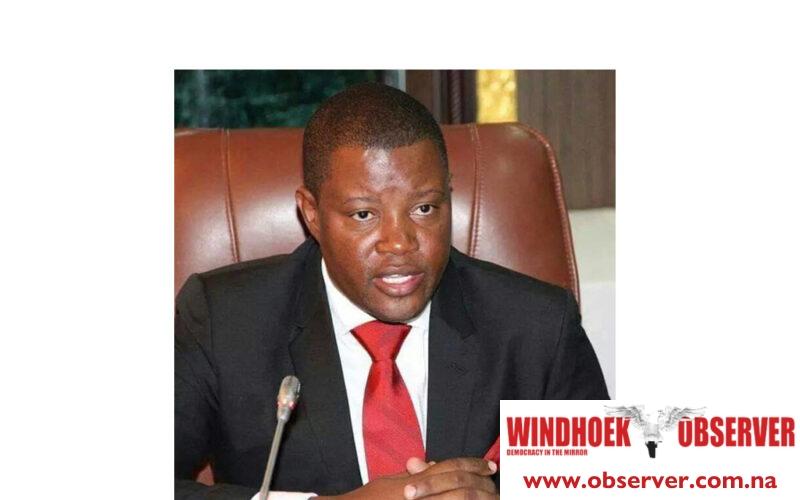Erasmus Shalihaxwe
As part of expanding Universal Health Care, the Ministry of Health and Social Services plans to recruit a total number of 6 186 new staff members over a period of five years.
The Minister of Health and Social Services, Dr Kalumbi Shangula, announced this in the National Assembly last week.
Shangula was responding to questions posed to him by Popular Democratic Movement leader McHenry Venaani, who wanted to know the current status quo with regard to Namibia’s Universal Health Coverage policy framework.
The minister said that as a Member State of the World Health Organisation, and having subscribed to the Sustainable Development Goal to ensure healthy lives and promote wellbeing for all at all ages, Namibia has embraced the global effort to work towards achieving the Universal Health Care.
In order to achieve this, the ministry aims to bring the post-filled rate of all job categories to above 50 percent in the first year. Hence, the ministry has identified a total number of 1 925 posts to be filled in the coming financial year.
In the second and subsequent years, the ministry wishes to increase the percentages up to 80 percent for those categories below 100 percent. In light of the above, the ministry plans to recruit a total of 6 186 staff over a period of five.
“The Ministry is taking proactive steps to address workforce imbalances in the healthcare sector by implementing a ten-year National Human Resources for Health Strategic Plan for the period 2020-2030.
This plan is designed to ensure that there is an adequate and skilled healthcare workforce to meet the healthcare needs of the population. Focusing on these priority fields and allocating resources accordingly, the ministry aims to improve the healthcare workforce’s skill set and distribution, ultimately enhancing the quality of healthcare services provided to the population,” stated Shangula.
He added that expanding service coverage, particularly preventive and promotive health services at the community level and specialised care at the national level, is another pivotal goal.
To ensure the sustainability and adequacy of domestic public sector funding, there is a need for continuous strengthening of public health sector financing, especially given that over 85 percent of the population relies on these services.
The minister further revealed that currently, the country has one national Referral Hospital, three intermediate hospitals, 34 district hospitals, 44 health centres, 280 clinics and 9 996 Outreach points.
“The government has done a lot to ensure access to health services. We must bear in mind that Namibia is sparsely populated ranking 143 in the list of countries by population and with a population density of three per square kilometre,” said Shangula.




